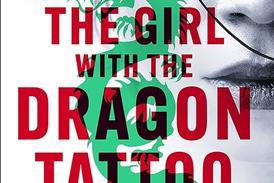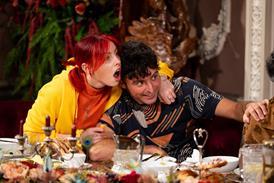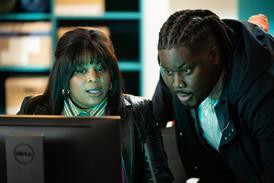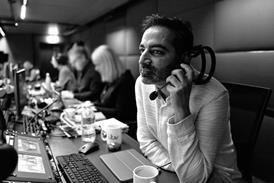A production team from BBC Bristol, which produced a programme package featuring footage captured using a video mobile phone instead of a camera, has admitted that while the pictures aren't yet good enough for broadcast programmes, the technology could be a breakthrough for radio reports.
A unique experiment for a regional show called Point West, saw a 3G mobile phone used to get intimate pictures of underage drinkers. But, although the team was not impressed with the resulting footage, in something of a eureka moment, it was discovered that radio production teams might be able to use 3G mobiles as a data modem and in conjunction with a radio microphone, get better quality signals when in the field - effectively removing the need for a radio car fitted with a mobile transmitter.
"Videophones are designed to show you pictures about the size of a matchbox," said location facilities engineer Andy Butterworth. "At that size, they look quite good. Put them on TV and they are blocky, wobbly and fuzzy. When viewers are used to seeing clear pictures from a war, or the bottom of the sea, these wobblevision shots are, frankly, not good enough."
But Point West output editor Stephanie Marshall, who worked with Butterworth on the project, acknowledged that there could be a real future for the technology.
"3G may have a greater impact for radio," she said. "Quality is so good that reporters will be able to use phones to broadcast without a radio car or ISDN line."
Radio reporters who use standard second generation mobiles, or landlines to call in reports still face the possibility of crackle and interference. 3G networks, which have the same bandwith as ISDN, would not suffer such problems.
Marshall also said that the video pictures might still be of use for broadcast TV. "If a reporter is the first at the scene of a train crash and a videophone is his only way of getting pictures to the viewers, then people will forgive, perhaps even appreciate, the rawness of it," she said.
The regional news programme Point West was broadcast last week. The BBC team also included output editor Jane Kinghorn and political reporter Dave Harvey.


























No comments yet